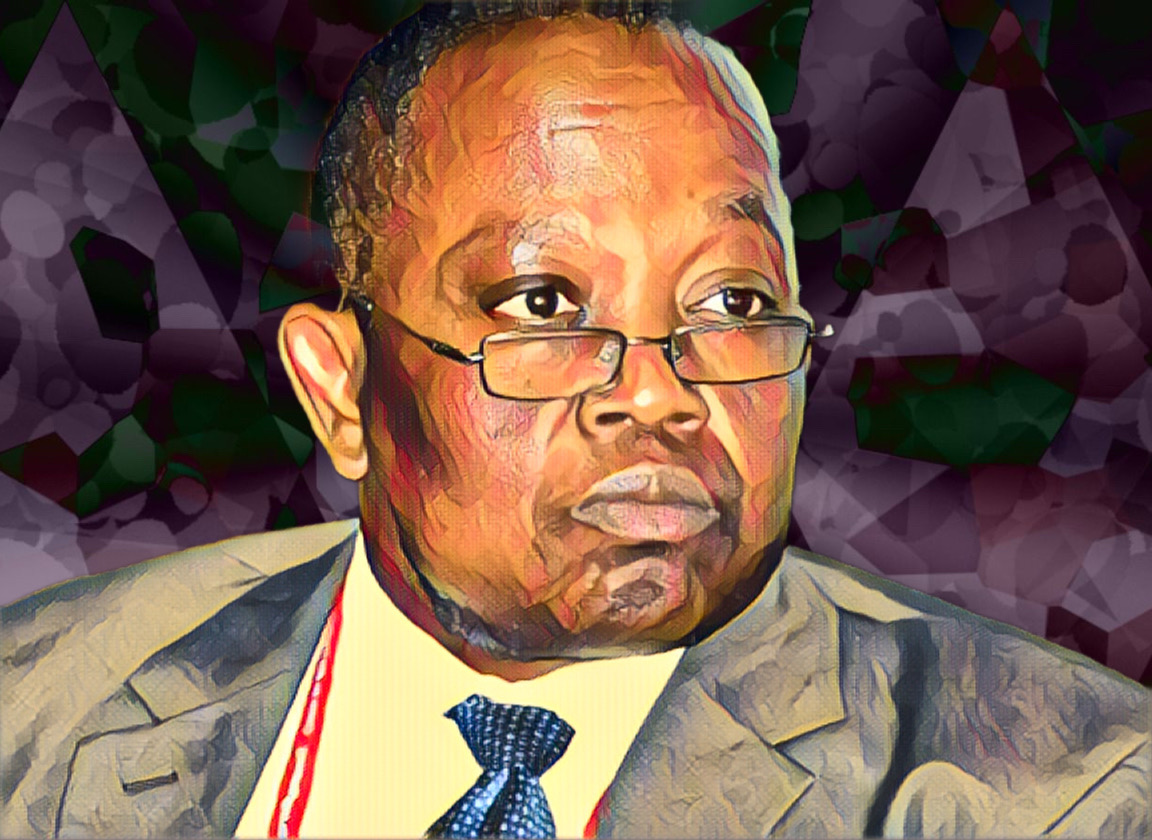Corruption is a major obstacle to Ghana’s development, according to Daniel Domelevo, a former auditor general who was forced to retire by the government last year. He said the country was losing billions of dollars every year due to corrupt practices and excessive taxation.
A stagnant score
Domelevo was speaking via Zoom at Ghana’s 67th “In-Dependence Anniversary: Rescue or Disaster” Anti-Corruption Event in Accra. The event was organized by Crusaders Against Corruption (CACG) in collaboration with African Business Communication(ABC), TV XYZ, Ghana Good Governance Group (GGGG), and Spio-Garbrah Foundation (S-GF).
He cited the latest Corruption Perceptions Index (CPI) released by Transparency International (TI) in January, which showed that Ghana scored 43 out of 100 and ranked 70th out of 180 countries and territories. This marked the fourth consecutive year of stagnation in Ghana’s anti-corruption efforts, as indicated by the CPI.
“We cannot develop when corruption is taking over and consuming all resources of the country,” Domelevo said. “We have come to our current state because of bad leadership, a leadership which is not visionary and transformational as well as Commission in wastage.”
He added that the government was taxing everyone, including the poor, thereby moving the economy from taxation to robbery. He said the country had enough resources to fund its development without relying on external loans or grants.
A global trend of deteriorating justice systems
Domelevo also blamed the weak and compromised justice system for the lack of accountability and transparency in the public sector. He said the judiciary was not independent and was influenced by political and personal interests.
He lamented that instead of eradicating corrupt practices and abuse of office, the highest office of the land, together with Ministries, Agencies and Departments, were at the forefront of defending the menace.
He said the country needed to commercialize and decentralize the fight against corruption and corruption-related offences to include more stakeholders. He said this would be a more sustainable way to combat these crimes across the country.
A call for action and hope
Domelevo urged the civil society organizations, the media, the religious bodies, and the youth to join forces and demand good governance and accountability from the leaders. He said the citizens had the power to change the status quo and ensure that the country’s resources were used for the benefit of all.
He also expressed his hope that Ghana would overcome its challenges and achieve its full potential as a prosperous and democratic nation. He said he was optimistic that the next generation would rise up and take charge of their destiny.
“I am really sad to say that we are not recording much success and progress is hampered, and we are unable to move the needle appreciably to improve our scorecard. But I believe that there is hope for Ghana. I believe that one day, we will get there. And I believe that you and I can make it happen,” he concluded.
Source: Modern Ghana





3 comments
I don’t think the title of your article matches the content lol. Just kidding, mainly because I had some doubts after reading the article.
Your article helped me a lot, is there any more related content? Thanks!
Your point of view caught my eye and was very interesting. Thanks. I have a question for you. https://accounts.binance.info/it/register-person?ref=P9L9FQKY